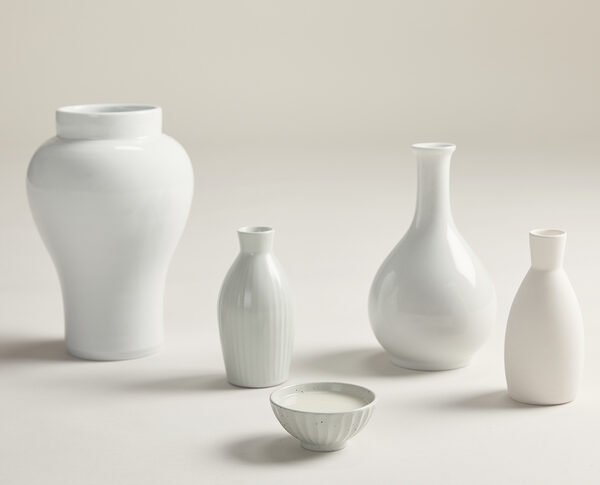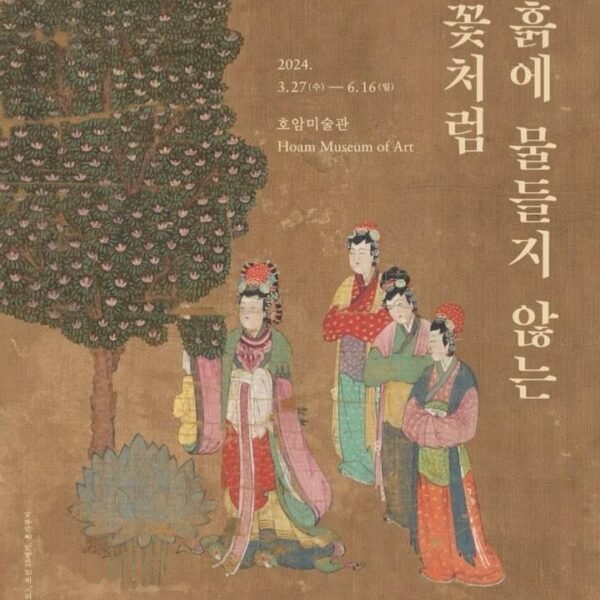Table of Contents
ToggleKorean Idioms related to the Nose
In Korean language and culture, various idiomatic expressions involving the nose are used to convey different meanings and emotions. These idioms often reflect cultural nuances and traditions, providing insight into the Korean way of thinking and communicating. In this article, we will delve into some commonly used Korean idioms related to the nose, decipher their meanings, and explore their equivalents in English.

-
코가 납작해지다. – Literally means “one’s nose becomes flat.”
This Korean idiom means “to feel extremely embarrassed or humiliated.” It’s similar to feeling utterly disheartened or demoralized due to a severe blow to one’s confidence or pride.
English equivalent: “To be utterly crestfallen” or “To be completely disheartened.”
-
코가 꿰이다. – Literally means “have a pierced nose.”
This Korean idiom means “to be immobilized or unable to move due to one’s weakness being exploited.” It’s akin to being rendered powerless or paralyzed because someone has found and exploited your vulnerability.
English equivalent: “To be pinned down” or “To be incapacitated.”
-
코에 붙이다. – Literally means “to stick to one’s nose.”
This Korean idiom means “to have too little food for people to eat.” It’s similar to describing a situation where there isn’t enough food to go around, leaving people hungry or dissatisfied due to insufficient provisions.
English equivalent: “To have a scarcity of food” or “To have a shortage of food.”
-
콧대를 꺾다. – Literally means “to bend one’s nose bridge.”
This Korean idiom means “to break someone’s pride or arrogance.” It’s similar to describing an action where one person undermines or humiliates another to the extent that their pride is shattered or their confidence is severely diminished.
English equivalent: “To deflate someone’s ego” or “To crush someone’s spirit.”
-
콧대가 높다. – Literally means “one’s nose bridge is high.”
This Korean idiom means “to act superior or boastful.” It describes someone who behaves arrogantly and flaunts their superiority over others.
English equivalent: “To have a high nose” or “To be haughty.”
-
코 묻은 돈 – Literally means “money with nose dirt on it.”
This Korean idiom means “small amount of money, usually carried by a child.” It refers to a modest sum of money typically held by children, often associated with pocket money or allowance.
English equivalent: “Pocket money” or “Allowance.”
-
코를 빠뜨리다. – Literally means “to drop one’s nose.”
This Korean idiom means “to make a mistake or fail at something after doing well without making any mistakes.” It describes a situation where someone messes up or fails at the final stage or moment, despite performing well and without any errors leading up to that point.
English equivalent: “To drop the ball” or “To mess up at the last minute.”
-
코가 삐뚤어지게 마시다. – Literally means “to drink until one’s nose becomes crooked.”
This Korean idiom means “to drink excessively to the point of losing consciousness or becoming severely intoxicated.” It describes a situation where someone consumes alcohol to an extreme degree, leading to a state of inebriation where they may lose control or consciousness.
English equivalent: “To drink oneself into oblivion” or “To drink oneself silly.”
-
코웃음을 치다. – Literally means “to laugh through one’s nose.”
This Korean idiom means “to sneer or laugh scornfully at someone, looking down on them.” It describes the action of mocking or ridiculing someone contemptuously, often with a sense of superiority or disdain.
English equivalent: “To sneer” or “To scoff at someone.”
-
큰코다치다. – Literally means “to hurt one’s big nose.”
This Korean idiom means “to suffer a great humiliation or setback.” It describes experiencing a significant loss of face or encountering a major setback that leads to embarrassment or damage to one’s reputation or pride.
English equivalent: “To take a blow to one’s pride” or “To suffer a major setback.”
-
코앞에 닥치다. – Literally means “to come right before one’s nose”
This Korean idiom means “to have very little time left before something happens.” It implies that an event or deadline is imminent, and there is little time remaining to prepare or act.
English equivalent: “To be right around the corner” or “To be looming close.”
Korean idioms related to the nose offer a unique insight into the language and culture of Korea. Understanding these expressions not only enhances language proficiency but also provides a glimpse into the rich tapestry of Korean society. By exploring the meanings and cultural contexts of these idioms, learners can deepen their appreciation for the Korean language and its nuances.









